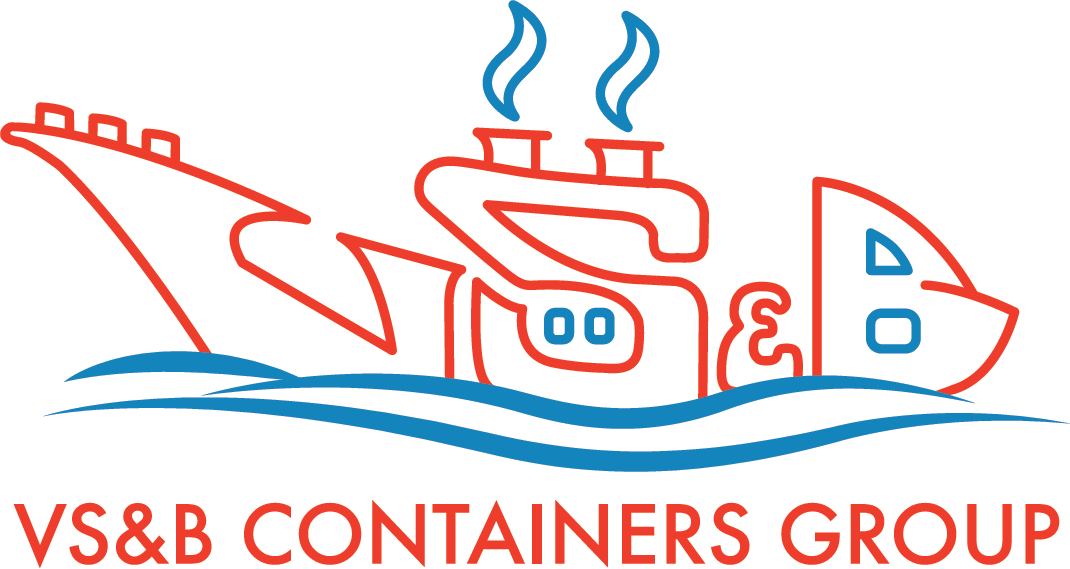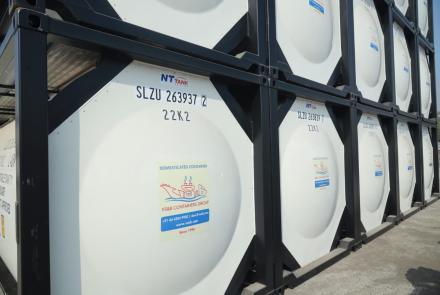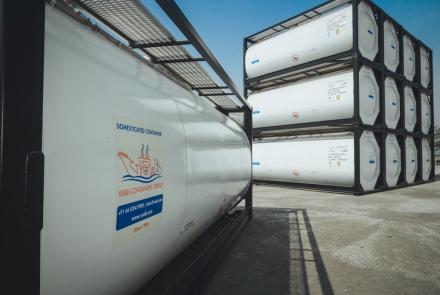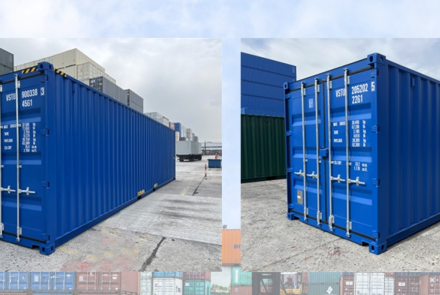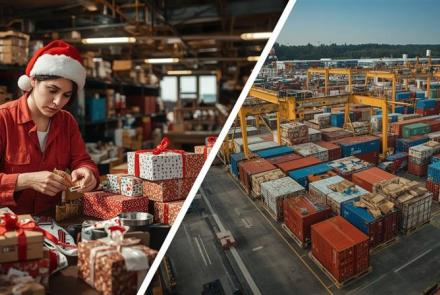BEST PRACTICES FOR OPTIMIZING SUPPLY CHAIN MANAGEMENT

Supply chain management is the process of overseeing the movement of goods and services from the supplier to the end consumer by diverse modes of transportation, including shipping containers. In today's competitive business environment, effective supply chain management has become crucial to the success of any business. It helps organizations optimize their operations, reduce costs, improve customer service, and ultimately, increase profits. Let’s discuss the best practices for optimizing supply chain management.
Efficient Communication: Effective communication is crucial to the success of any supply chain management process. Suppliers, manufacturers, distributors, and retailers need to communicate effectively to ensure that the right products are delivered at the right time, in the right quantity, and in the right shipping container at the right cost. To achieve this, organizations must invest in advanced communication technologies and develop standard operating procedures that outline the communication protocols.
Data Analysis: Data analysis is essential for identifying trends, forecasting demand, and optimizing inventory levels of shipping containers. By analysing data, organizations can identify bottlenecks in supply chain, optimize delivery routes, and improve production processes. They can also use data to predict customer demand for shipping containers and ensure that the right containers are available at the right time.
Collaboration: Collaboration between supply chain partners is essential for optimizing supply chain. Organizations should establish partnerships with suppliers, manufacturers, distributors, and retailers to ensure that they are working towards a common goal of efficient transportation management. This collaboration can help to reduce costs, improve quality, and increase efficiency.
Automation: Automation can help to optimize supply chain by reducing manual processes and increasing efficiency. By automating tasks such as inventory management, order processing, and shipment tracking, organizations can reduce errors, improve accuracy, and increase speed.
Continuous Improvement: This is essential for optimizing supply chain. Organizations should constantly review their processes and procedures to identify areas for improvement in transportation management. They should also establish metrics to measure their performance and use this data to identify areas for improvement.
Risk Management: Risk management is essential for optimizing supply chain. Organizations should identify potential risks, such as supply chain disruptions, natural disasters, and geopolitical risks and develop contingency plans to mitigate these risks. They should also establish communication protocols to ensure that all stakeholders involved are informed of any potential risks.
Lean Manufacturing: Lean manufacturing principles can be applied to optimize the supply chain by reducing waste and increasing efficiency. By adopting lean manufacturing principles in the handling and transportation of goods, organizations can optimize their supply chain by reducing lead times, improving quality, and reducing costs.
Vendor Management: Vendor management is essential for optimizing supply chain. Organizations should establish clear vendor performance metrics and communicate these metrics to their vendors. They should also conduct regular vendor assessments to ensure that vendors are meeting their performance metrics.
Sustainability: Sustainability is becoming increasingly important for optimizing supply chain. Organizations should consider the environmental impact of their supply chain processes and look for ways to reduce their carbon footprint. They should also consider social and ethical issues, such as labour practices and human rights.
Getting your shipping containers from an experienced and reputable firm can provide you with several advantages such as quality assurance, custom-built solutions, a wide selection, competitive pricing, and expert advice. So, if you're in the market for containers, make sure to work with a company like VS&B to get the most out of your investment.
VS&B Containers offers both standard and personalized containers that can be delivered directly from the factory to your desired location. Their extensive fleet in excess of 30,000 containers is accessible throughout Europe and Asia, making it convenient for customers worldwide to obtain them.
The company’s IT division, iInterchange Systems, delivers state-of-the-art software solutions tailored to the needs of shipping and logistics companies. If you have specific needs regarding cost, flexibility, or potential ROI, please send an email to traders@vsnb.com, and a representative from the VS&B team will reach out to you to discuss further.
- Log in to post comments
